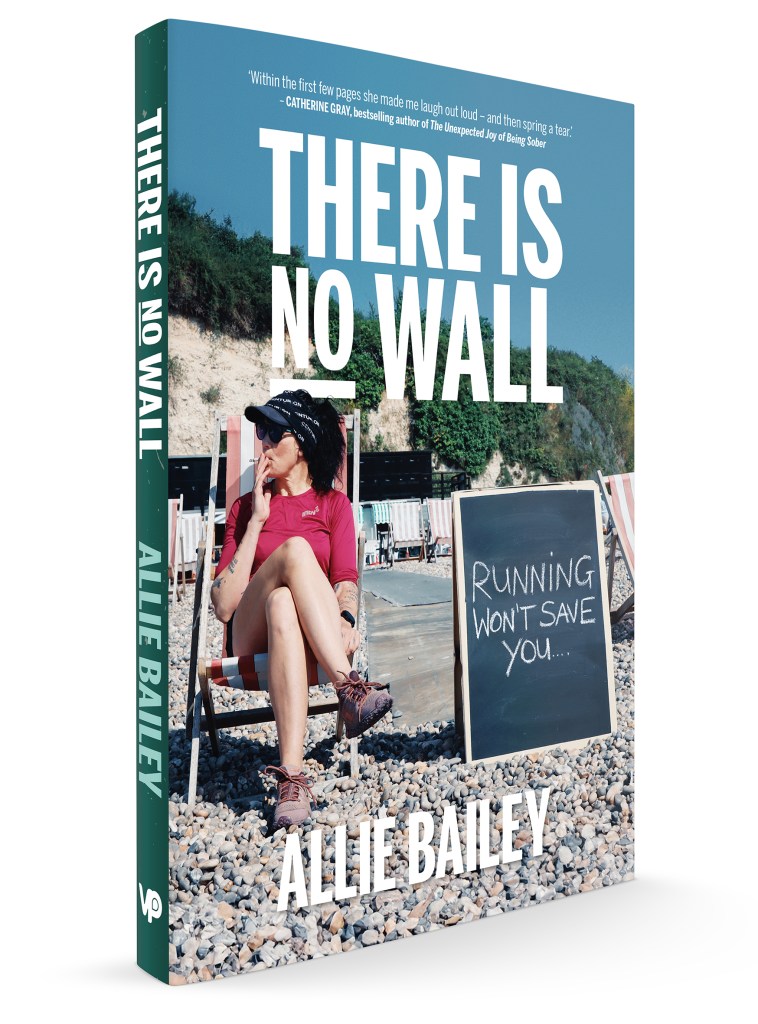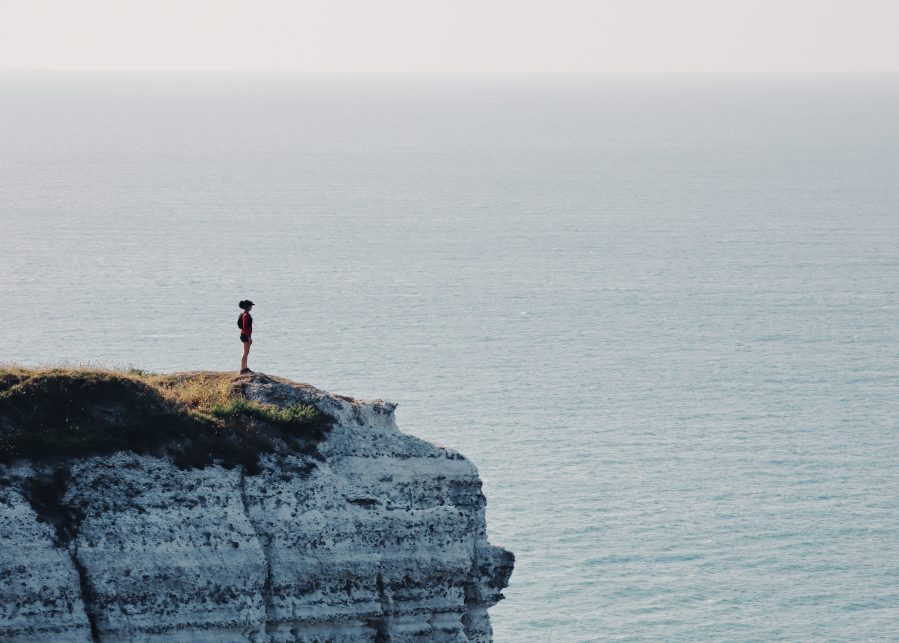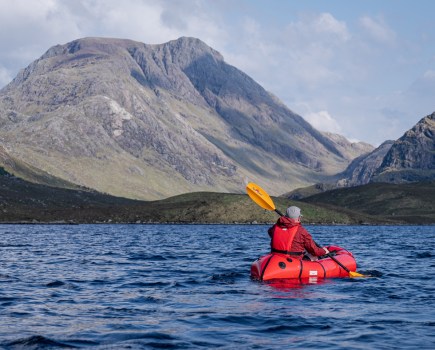Allie Bailey’s brutally honest account of alcoholism in There is No Wall helps fight the narrative that running will save you – all the while helping the community ask ourselves why we run, says Stew Hume.
There has certainly been a proliferation in endurance books in the last decade as the sports of trail and ultra-running have grown in popularity. One common factor amongst many of these titles is for authors to adopt a ‘self-help’ style of writing. Allie Bailey’s There is No Wall is the antithesis of this trend, opting to document her trials with addiction and depression without suggesting over-simplified solutions to those who might be in the same boat. Mercifully, you will not find a single misattributed motivational quote within these pages. Despite giving many further reading suggestions, Allie makes no promises that this book will provide a way out of addiction. It is, refreshingly, not framed as an alternative to seeking therapy or medical advice.
Main image: Allie Bailey atop the Southern cliffs of Britain | Credit: David Millar
It also, in so many ways, is not really a book about running. For those who want only to read the gritty details of Bailey’s world-first running accolades – she has finished over 200 marathons and ultra marathons all over the world, including Run Britannia and the Centurion Grand Slam – this is not the title’s focus.
So recently in recovery, Bailey’s is a very raw account of her struggles. It offers a stark warning for those whom the author refers to as ‘high-functioning alcoholics’ as well as the devastation and destruction addiction can bring to one’s life. Bailey describes the duality of her athletic and personal lives. She was a heavy drinker while simultaneously competing and placing in high-profile ultra-distance races and, with a prestigious job in the music industry, seemed on the surface to be ‘ticking all the boxes’; achieving a well-rounded life so often defined by success.

With several sections of the book taken from blog posts written during her darkest times, the text feels very unfiltered. Her story is not tied up in a neat, little bow like some written by Bailey’s peers. In fact, she goes to quite extreme lengths not to adopt the ‘holier than thou’ tone rife with this genre.
The thesis of the book stems from Bailey’s powerful realisation that running will not save you. The theme repeats throughout and Bailey often revisits the idea that, while running is therapeutic, it is not therapy. A noteworthy point, the reader will no doubt feel Bailey’s frustration pour from the page as she hammers home the fact that her journey to sobriety (and its ongoing progress) was not solely inspired and made manifest by running mile after mile – as many members of the community may well have assumed of such a prolific athlete in this space – but was, in reality, a hard-fought battle within herself.
There is No Wall is not an easy read – perhaps not birthday present fodder for the runner in your life. It may not have you rushing to lace up your trail shoes but it may well hold up a mirror to your own habits and question why it is that we run. Equally, for those looking to get a first-hand account of the reality of addition, this might be the book for you.
There is No Wall is published by Vertebrate Publishing (£14.95, paperback).
When contributors to The Great Outdoors aren’t out walking, some like to relax with a good book. Read their outdoor book reviews and discover your next adventurous bedtime story.







